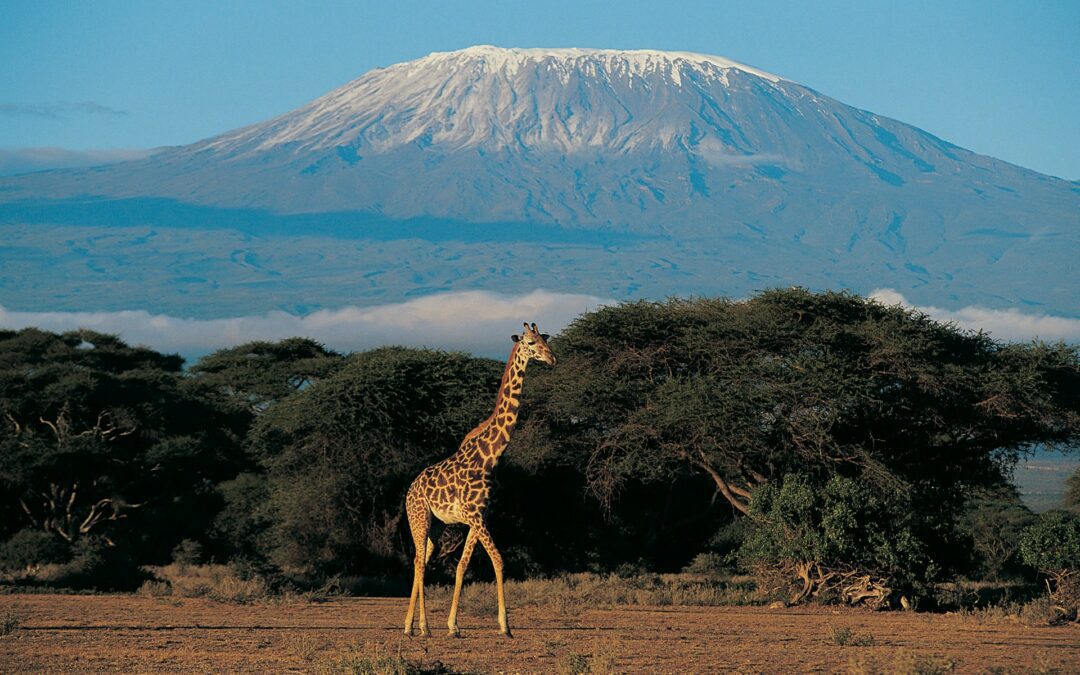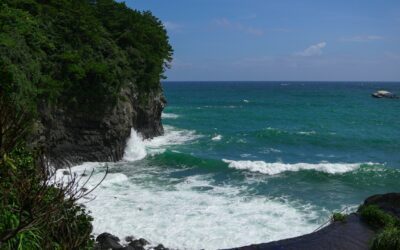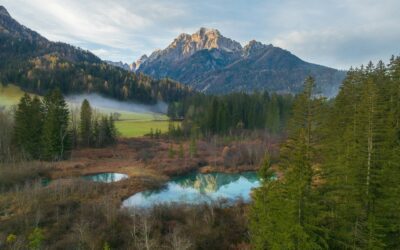|
|
Kenya is the latest country to launch a digital nomad visa to attract more remote workers to spend their internationally earned income in the Kenyan government. This makes Kenya one of the few African countries offering digital nomad visas. It is already one of the most popular African countries with digital nomads, in 6th place behind Morocco, South Africa, Egypt, Mauritius, and Tanzania.
Read on to learn what we know so far about the visa and other recent visa amendments, and what to expect from Kenya as a digital nomad.
Kenya Digital Nomad Visa Requirements
News of the digital nomad visa were released on 1 October 2024, and applications are expected to open shortly via your closest Kenyan embassy. It is called a Class N Digital Nomad Visa and is governed by legal notice 155.
The visa is open to all nationalities if you can show that you have a work contract that allows you to work remotely and an annual income of at least US$55,000 per year derived from sources outside Kenya. If you are awarded the visa, you will not be able to work or volunteer for any organizations or clients based in Kenya. As part of the application, you must also show a clean criminal record in your country of habitual residence and have proof of accommodation in Kenya for when you arrive.
Although full details have not yet been released, it seems likely that the visa will be granted for one year in the first instance. The government has said that the visa will be a gateway to citizenship for individuals wanting to establish themselves in Kenya. This suggests that the visa will be renewable if you continue to meet the criteria. The normal criterion for citizenship is seven years of continuous residence. It is unclear whether this will be reduced for digital nomads.
Kenya Tourist Visa Changes
The Kenyan government has also made some changes to their tourist visas that will make it easier for international tourists to visit.
Citizens from most countries can now visit visa free for 90 days if they apply for an ETA online in advance. The visa can be extended for another 90 days for a US$50 charge.
Kenya has also announced that transit passengers with a layover via Jomo Kenyatta International Airport are also no allowed to leave the airport and visit the capital Nairobi without a visa as part of their travel.
What to Expect from Kenya as a Digital Nomad?
If you decide to travel to Kenya for an extended period as a digital nomad, what can you expect?
Kenya is a heavily populated country with a population of around 50 million people. This means that big cities tend to feel crowded, but there are also 50 national parks and nature reserves spread across the country. Both English and Swahili are spoken, and it is not hard to find people who speak excellent English, but more than 60 different languages are spoken in Kenya.
Best Places to Live in Kenya
Most digital nomads will be attracted to the bustling capital Nairobi, with the best amenities. With 4.4 million people, it is actually Kenya’s second largest city, but attracts expats, entrepreneurs, artists, and more. When looking for accommodation, the best suburbs for expats and foreigners to find secure accommodation include Parklands, Westlands, Kilimani, and Lavington.
The largest city is Mombasa on the coast with beautiful beaches and a rich cultural life. It is the gateway to many popular tourist destinations along the coast. Kisumu on the shores of Lake Victoria is also popular.
Cost of Living
The cost of living in Kenya is considered highly affordable by international standards. It is estimated that a single person living a normal lifestyle needs around US$430 per month excluding accommodation. The local currency is the Kenyan Shilling (KES), which is currently worth around US$0.0068.
Rent can be expensive, especially for foreigners who want the security of living in an apartment complex or housing community with 24-hour security. A standard apartment might cost between US$150-$250 per month depending on size and location, but to live in a secure community you can expect the cost to start from US$500 per month.
One digital nomad shared their monthly expenses living in Nairobi, suggesting they spend:
- US$556 per month to live in serviced apartments with modest security
- US$35 for miscellaneous household items
- US$170 on bills, utilities, and subscriptions including phone and internet
- US$200 per month on eating out, including eating out at least once a day
- US$200 per month on groceries
- US$50 per month on coffee
- US$30 per month on leisure and entertainment
- US$130 per month on transport
- US$55 on a local gym membership
This suggests that it is possible for digital nomads to live comfortably in Kenya for around US$1,500 per month.
Working Environment
While digital nomads are limited in how they can interact with the local business economy, it is vibrant and is a magnet for startups across Africa. In 2018, half of all African start-ups were based in Kenya. This is partially down to the relatively stable political environment.
Nairobi is also full of excellent coworking spaces where you can rub shoulders with local entrepreneurs. Check out Nairobi Garage, with locations in Westlands, Spring Valley, Kilimani, and Karen, and Ikigai Nairobi, with locations in Brookside, Lavington, Westlands, Lower Kabete, and Riverside. Expect to pay around US$100 per month for a full-time pass, or around US$13.50 for day passes.
Unmissable Places
If you are traveling to Kenya, there are several places that are simply unmissable that should be on your bucket list.
Amboseli National Park
Containing the famous Mount Kilimanjaro this is a place with majestic views and incredible wildlife including elephants, zebras, giraffes, cheetahs, and innumerable bird species.
Lake Victoria
Sitting on the border area between Kenta, Uganda, and Tanzania, Lake Victoria is the largest lake in Africa and is perfect for discovering unique aquatic life including African helmeted turtles, Cyprinids, air-breathing catfish, and more than 500 native fish species.
Mount Kenya National Park
Mount Kenya is the country’s second highest peak behind Mount Kilimanjaro and is a UNESCO World Heritage Site that has become a focal point for wildlife safaris.
Diani Beach
Expect white stand beaches linked with palm trees. This is 10 kilometers of pristine beach that extends from the Congo River in the north to Galu in the south. You will find plenty of gorgeous wildlife and exhilarating watersports.
Great Rift Valley
This valley runs through the entire country and is a 6,000-kilometer-long geographic formation. This green wonderland is best experienced starting with the small town of Iten as your base.
Maasai Mara
This is probably the most famous game reserve in Africa, made famous for the local Maasais that still reside in the area according to traditional cultural practices. It is one of the best places in the world to witness herd migrations, especially between July and October when zebra and wildebeest migrate to this region from the Serengeti.
Things to Know Before You Travel
Below are just a few facts to know about Kenya before your travel.
- Kenya has a long rainy season lasting from March to November. It can be difficult to travel outside the main cities when rainfall is heavy.
- Kenya has a fairly consistent temperature year round with highs between 25-30 degrees Celsius (75-85 degrees Fahrenheit) and lows around 10 degrees Celsius (50 degrees Fahrenheit).
- There are several mandatory vaccines for traveling to Kenya including malaria, tetanus, typhoid, diphtheria, yellow fever, and cholera.
- Single-use plastics have been banned since 2017 and you can’t bring plastic bags into the country with you.
- Tipping isn’t expected, but it is greatly appreciated when you receive good service. Consider 10% or rounding up to the nearest KES100.
- Kenya is relatively conservative, and this should be reflected in your dress. While shorts and sleeveless shirts are fine, keep beachwear for the beach. It is recommended to dress a bit more conservatively when visiting Muslin communities.
- Expect people to be friendly and welcoming, but also to use many indirect communication techniques to address certain issues. Remember it is considered disrespectful to raise your voice and to always show deference to elders.
Kenya is such an exciting place to visit, we fully expect them to reach their goal of welcoming fine million tourists in 2027.









